Welcome to the
As experts in programmed human cells, we are delighted to host our first-ever user exchange in the heart of Cambridge, UK.
Join us for The Human Cell Forum, an inspiring day of science, collaboration, and community as we bring together researchers, innovators, and users at the forefront of human cell biology.
What to expect:
- A keynote from Dr Mark Kotter, bit.bio Founder
- An expert panel on the shift to non-animal models and what is needed technologically, economically, and logistically to make human cell models more available to labs of all sizes
- Inspiring user presentations and breakout sessions on innovative methodologies and real-world applications of human iPSC-derived ioCells
- Support clinic and live Q&As with bit.bio scientists
- Networking lunch and evening drinks reception
When: 1 July 2025
Time: 9am - 6pm
Where: Cambridge Union, 9A Bridge St, Cambridge, UK CB2 1UB
Details: This free, one-day event includes lunch and refreshments
This event is now fully booked.
Confirmed speakers
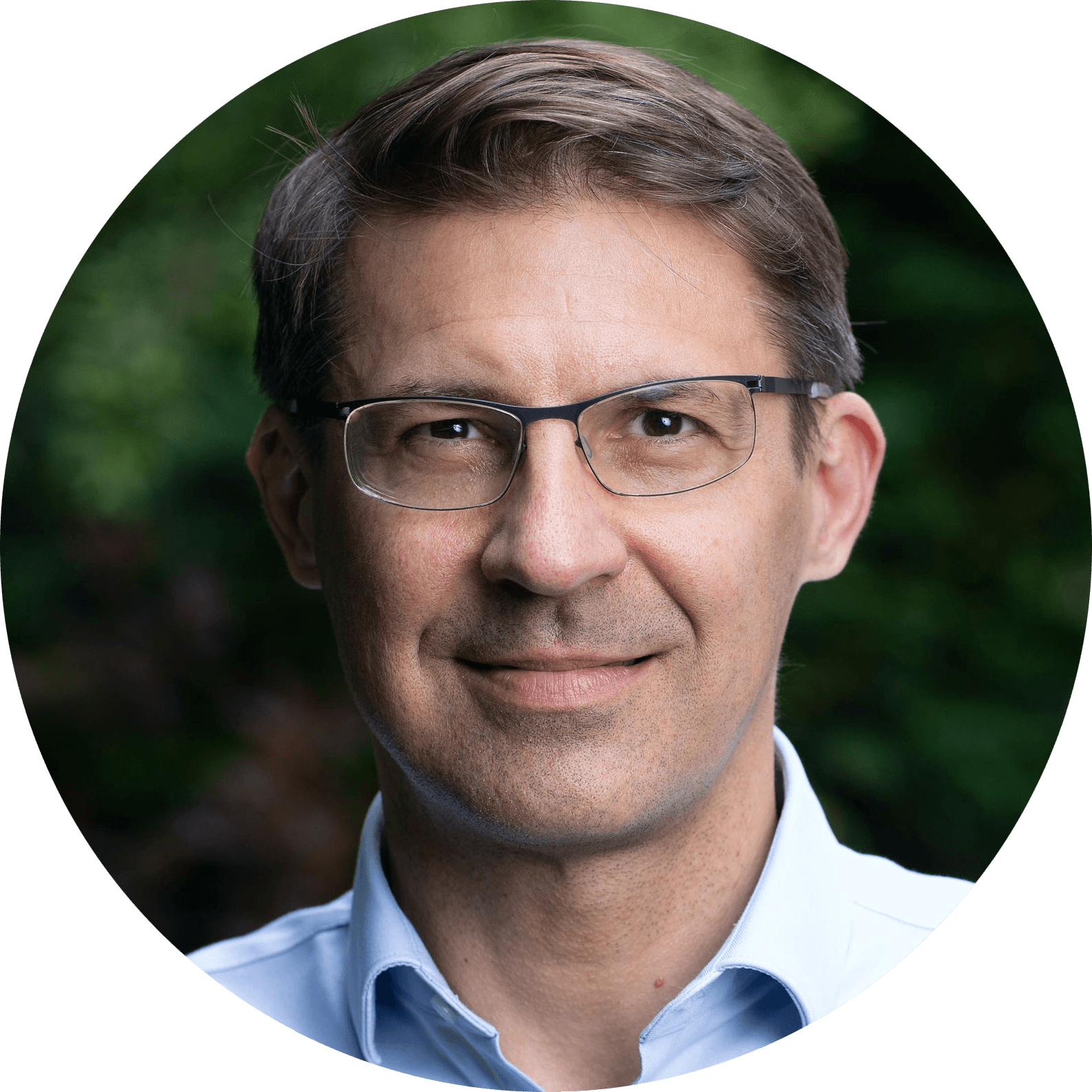

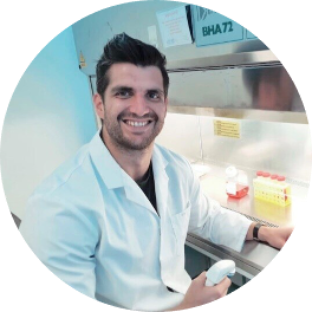

Dr Ryan Jones is a post-doctoral research associate within the Biomechanics and Bioengineering Centre Versus Arthritis in Cardiff University, where he investigates the interface between neural and bony tissues and how these interactions can generate pain in pathology. Dr Jones' ambition is to become an established academic in the field of pain in musculoskeletal conditions, by delivering high-impact research and developing new methods of modelling disease mechanisms.
Dr Jones has contributed to the development of the mechanical 3D osteocyte bone model with a particular emphasis on bone interactions with the nerves upon mechanical loading and inflammation to reveal pain mechanisms. He has extensive research experience in musculoskeletal biology, focusing on molecular mechanisms involved in mechanical and inflammatory responses, elucidating new signalling mechanisms that regulate bone and nerve biology, to provide therapeutic and diagnostic targets for pain in musculoskeletal disease.
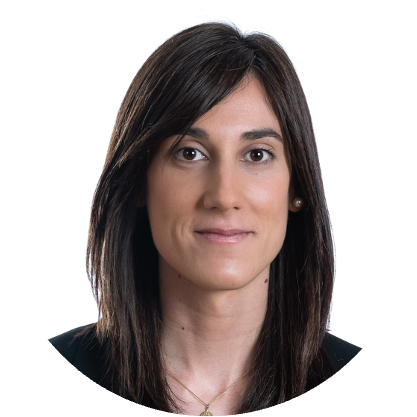

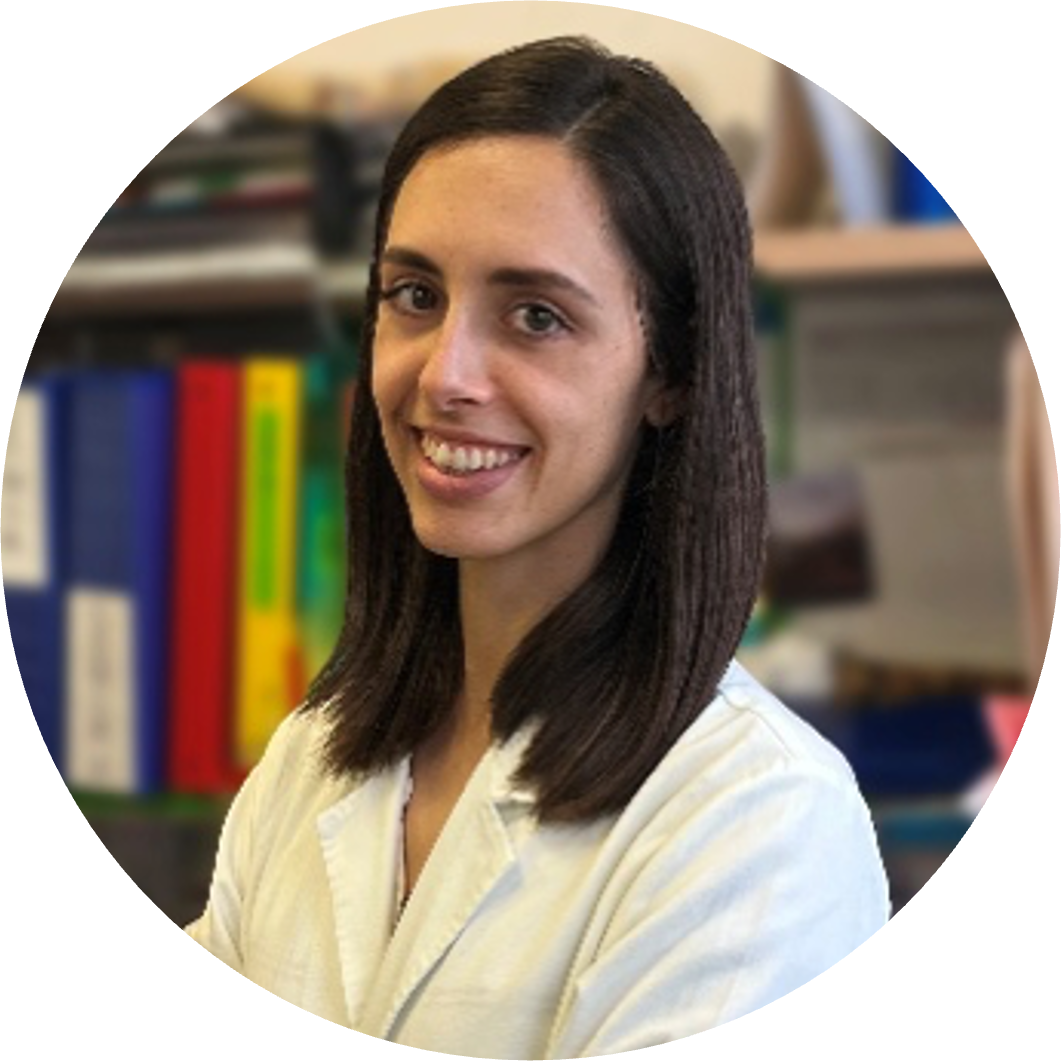

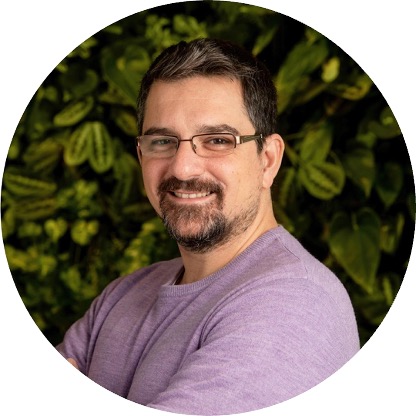

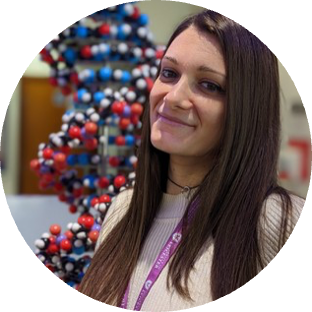

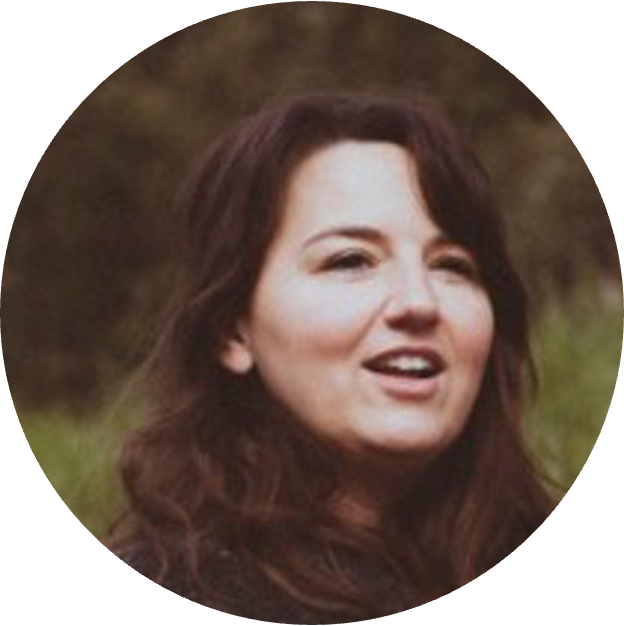

Elizabeth completed her undergrad studies at UCL and obtained her Master’s degree from the University of Pierre and Marie Curie in Paris. She completed her PhD in developmental neuroscience at the École Normale Supérieure and at the College de France, Paris. She continued her research as a post-doctoral scholar at UCSF working on human stem cells in development and disease. She joined BrainEver as a senior scientist implementing the use of cell models for disease modelling and is currently associate scientific director of the preclinical pharmacology program.
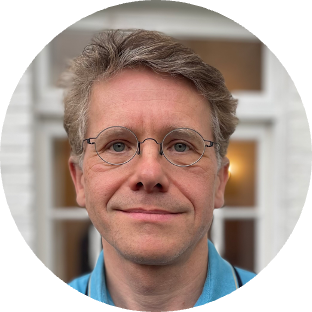

David holds a degree in Chemistry, a PhD in Molecular Genetics, and did post-doctoral fellowships in Neuroscience.
At Charles River, David has worked in drug discovery for all major therapeutic areas, however with a strong emphasis on neurological conditions and rare diseases such as Huntington’s Disease, Cystic Fibrosis and ALS. David also provides strategy on personalized (“n=1”) drug therapies for ultra-rare indications, utilizing drug modalities such as oligonucleotides, small molecules and gene therapy, working with Charles River’s pharmacology, safety assessment and CDMO units.
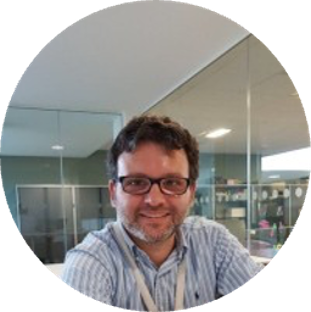

Dr. Davide Gianni is Senior Director Functional Genomics in Discovery Sciences, BioPharmaceuticals R&D at AstraZeneca and is responsible for leading a department comprising three teams of scientists to deliver new therapeutic opportunities for AstraZeneca’s therapy areas of interest.
Davide joined AZ from Boehringer-Ingelheim in 2015 where, acting as a Research Laboratory Head, he has led a team of scientists aimed at identifying and validating novel target opportunities for Oncology. Earlier in his career, he conducted his postdoctoral studies at The Scripps Research Institute in La Jolla (California) where he focused his research activities on deciphering the contribution of Reactive Oxygen Species (ROS) in mechanisms underlying human diseases including cancer, neurodegeneration and cardiovascular disease.
Davide has authored >20 publications and is currently co-editing the first dedicated Special Issue on Functional Genomics for SLAS Discovery journal. He has played a key role in initiating the collaboration with CRUK for the creation of the AZ/CRUK Functional Genomics Centre and he is now the AZ Science lead for the new functional genomics partnership with Milner Therapeutics Institute and MRC. He is a member on the MRC advisory board for the UK Functional Genomics Initiative and a SAB member for the UK Regenerative Medicine Platform. Finally, Davide has been recognised multiple times in his career for his strong scientific contributions to advance biomedical research (2009 Young Scholar Award from the Alzheimer’s Association San Diego, the 2013 Boehringer-Ingelheim Golden Award for the discovery of innovative drugs for cancer patients and the 2020 SLAS Discovery Excellence Award).
.png)
.png)
.png)
.png)
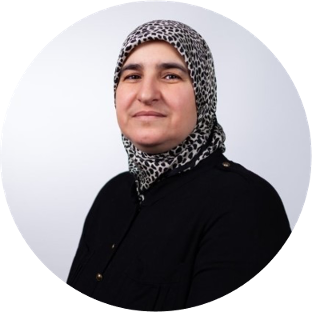

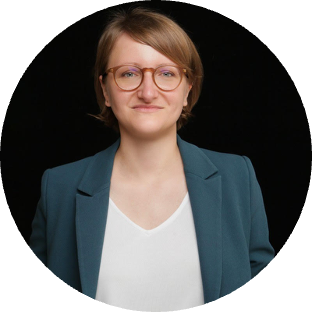



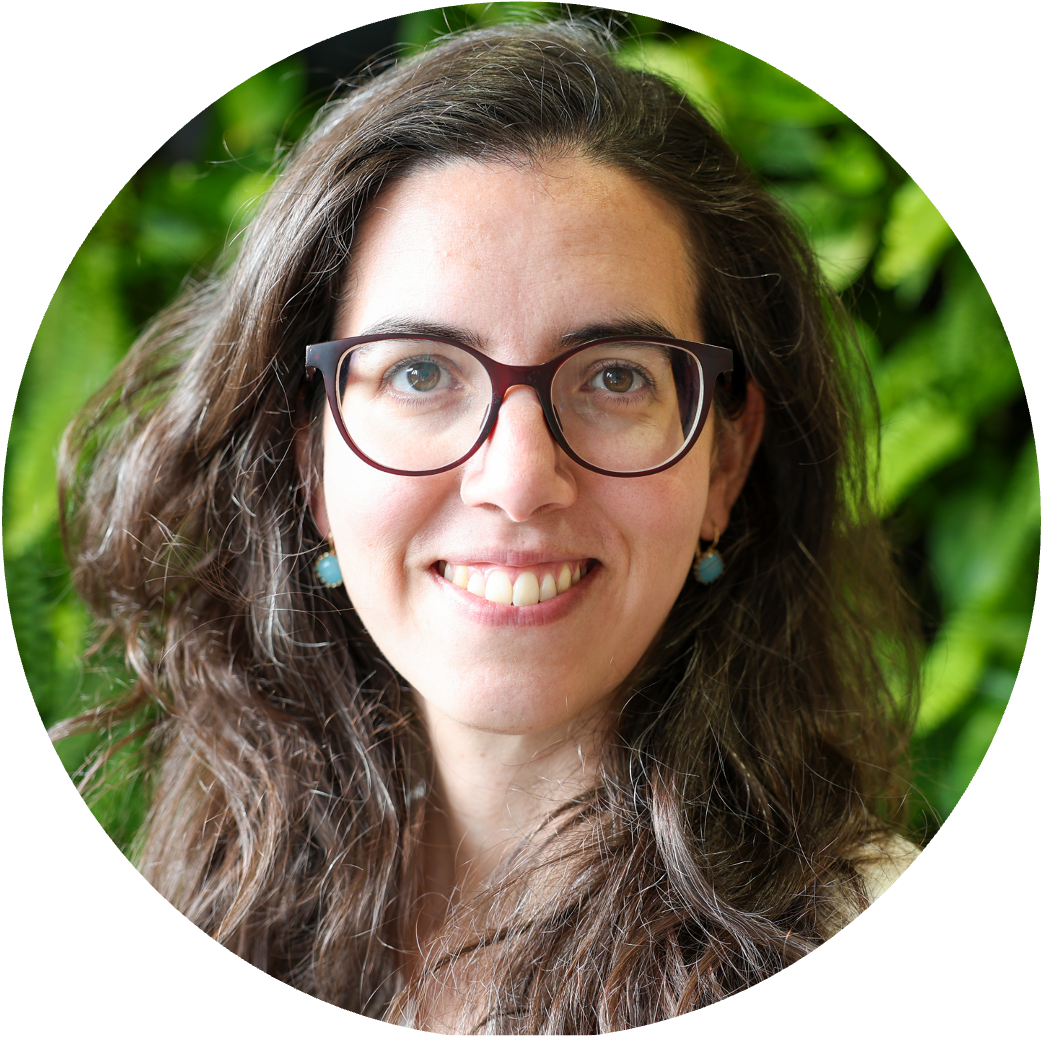

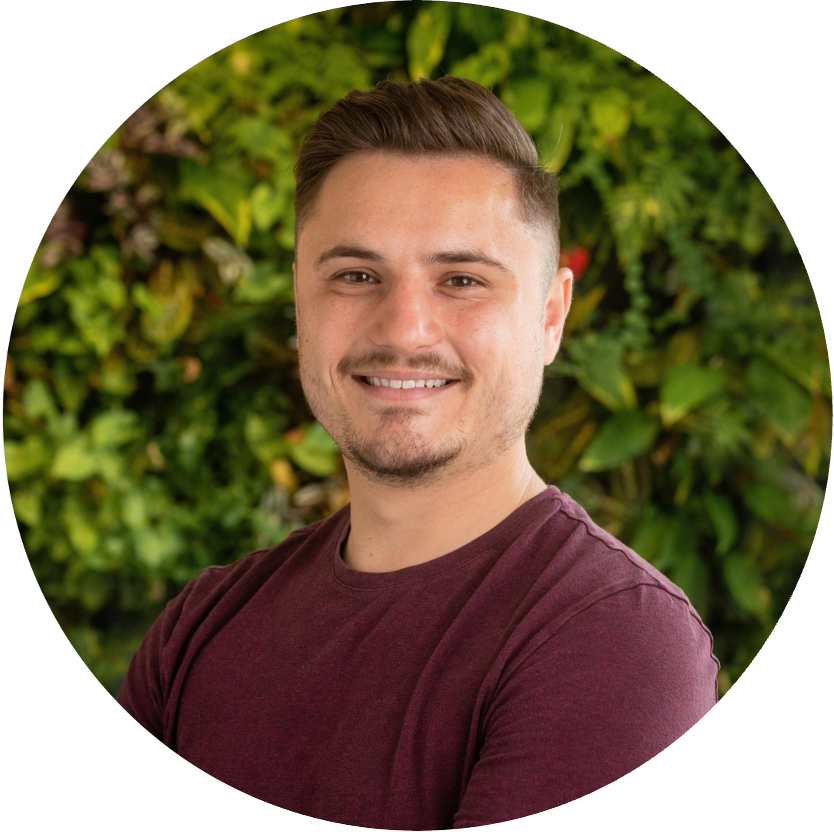

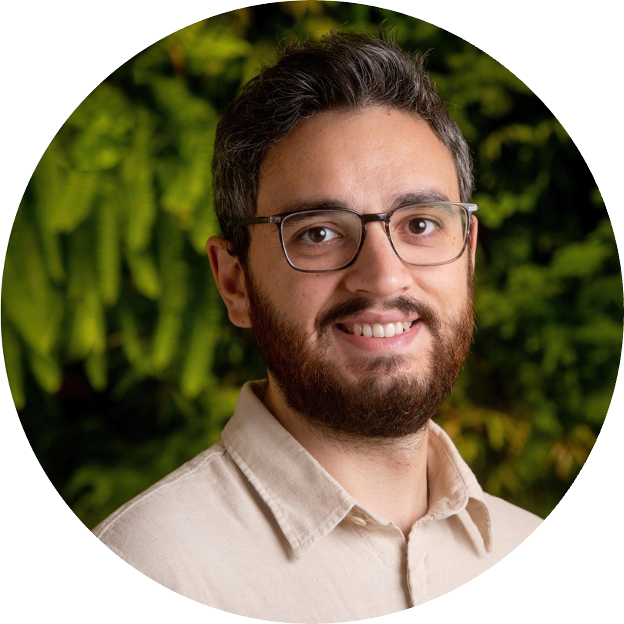

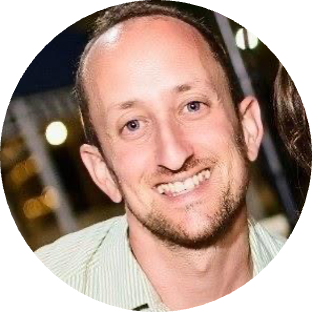

Agenda at-a-glance
Scientific topics
- Cell culture techniques
- Adoption of human-centric research models
- Functional genomics powered by human iPSC-derived cells
- Complex in vitro model development
- Improving translation from lab models to clinical relevance
- Accurately mimicking the complexity of human disease in vitro
- Tackling barriers to adoption of human iPSC-derived systems in research and drug development
The venue
The user exchange will take place at the Cambridge Union, located in the centre of Cambridge.
Cambridge Union
9a Bridge Street, Cambridge, UK, CB2 1UB,
Phone: +44 (0)1223 566 421
Email: info@cus.org

Travel information
Within Cambridge, the conference venue is easily accessible by public transport:
By Train
From Cambridge Railway Station:
Walking: Approximately 30 minutes.
Taxi: Around 10–15 minutes, depending on traffic.
Bus: Take a bus towards the city centre and alight near Bridge Street; then walk to the venue.
From London:
Trains from London King's Cross to Cambridge take about 45 minutes.
From London Liverpool Street, the journey is approximately 1 hour and 15 minutes.
By Bus
Cambridge's city centre is well-served by local bus routes.
Alight at stops near Bridge Street; the Union is a short walk away.
By Car
Parking: The Cambridge Union does not have on-site parking.
Nearest Car Park: Park Street Car Park is the closest public parking facility.
From Airports
Stansted Airport (STN):
Direct trains to Cambridge take about 30 minutes.
National Express coaches to Cambridge Bus Station take approximately 45 minutes.
Heathrow Airport (LHR):
Take the Piccadilly Line to King's Cross St. Pancras, then a train to Cambridge (about 45 minutes).
Gatwick Airport (LGW):
Direct trains to Cambridge take approximately 2 hours.
.png?width=1621&height=1873&name=Group%20bw%20(1).png)
Note:
This event is not part of the Cambridge Union Society's normal activities, and the Cambridge Union Society's name is only used as the location where the event will be held.